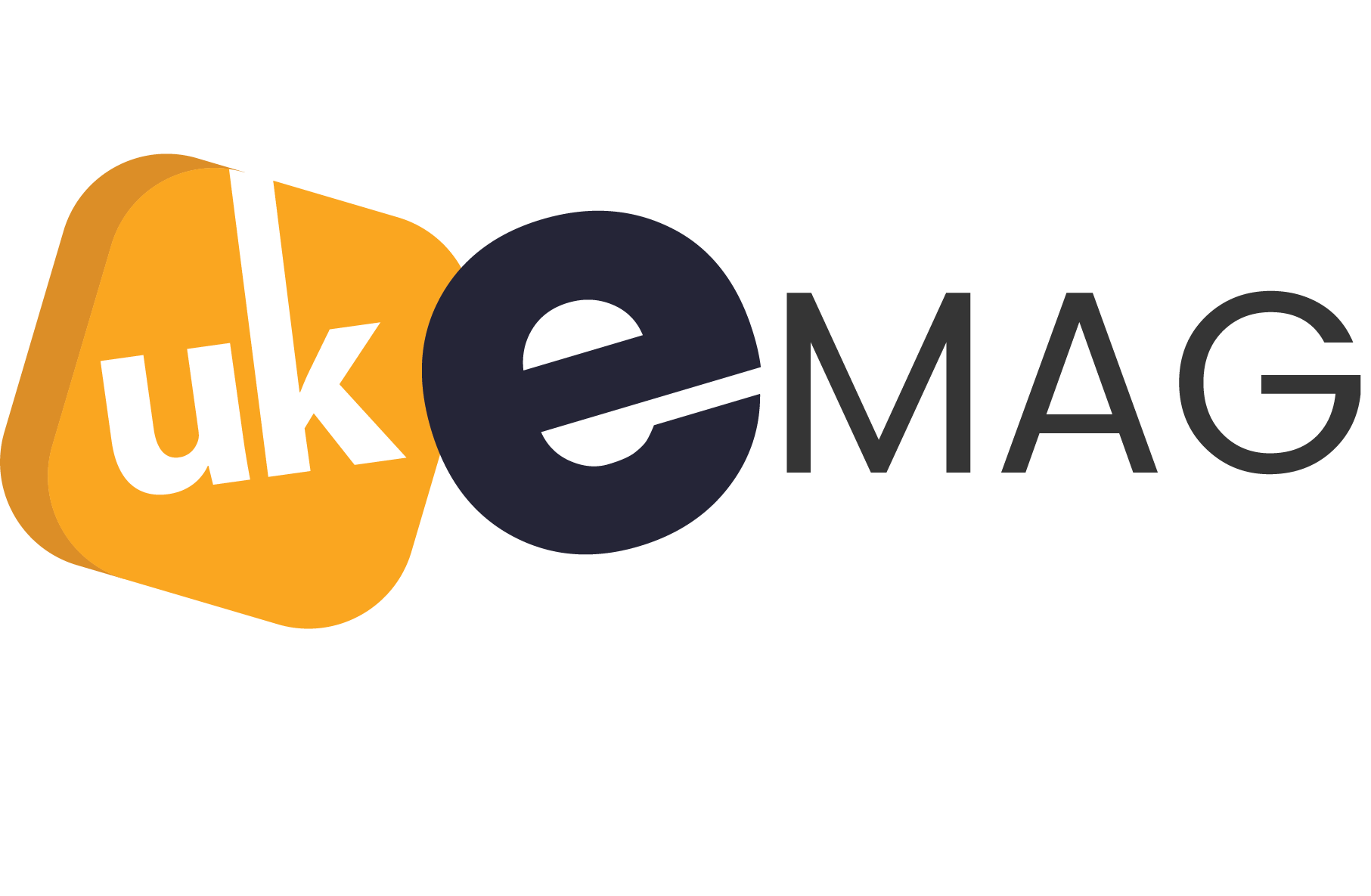As we go through school, one of the subjects that desperately needs to be taught but is not is that of personal finance. Few people know how to establish a budget and even fewer know how to balance a checkbook. This is because they likely were never taught in school or by a relative or parent.

Not knowing how to manage your finances can lead to a number of financial issues and, even worse, unmanageable debt. But there are a number of things that you can to ensure that your financial standing is healthy and that you have things in control.
Follow the 50/30/20 Rule
“Budget” is a word that sounds restricting but it really is keeping your spending in line so that you don’t dig yourself in a hole that is difficult to get out of. The 50/30/20 rule states that you should put 50 percent of your income to necessities like rent/housing, utilities, internet from one of the Denver internet providers, or wherever it is you are, food, and transportation. Up to 30 percent should go towards things such as gifts, vacations, entertainment and other non-essentials. Finally, 20 percent should be set aside for an emergency fund, savings, paying off debts, and retirement.
This is a good rule to follow because it sets clear guidelines and helps you to not only pare down debt, but to save for the future as well. Too many people fly by the seat of their pants and spend whatever they spend, finding themselves without an emergency fund or savings for the future.
Be Up to Date With Your Tax Payments
Taxes are an important factor to keep in mind when going about building your personal finances. Being up to date with tax payments could allow you to accurately plan your finances, enabling you to budget and forecast future tax obligations better. So, after every couple of months, you’d want to ensure that you consult your accountant to be abreast with the tax DEDUCTIBILITY OF LIFE INSURANCE, your income, money market instruments, properties, or any other holdings you have, regardless of whether they are assets or liabilities. Being current with tax payments ensures compliance with tax laws and regulations, reducing the risk of audits, fines, and legal issues.
Investing Is the Way to Wealth
While saving money is commendable, it alone does not lead to financial wealth. It can certainly place you in a better position than living paycheck to paycheck, but true expansion of personal wealth necessitates investing.
There’s a common notion that achieving financial success means hitting it big on the stock market. While that’s a possibility, the most effective approach involves wise investments geared toward slow, long-term gains rather than quick scores.
If you’re uncertain about how and where to invest, consider reaching out to vistica wealth advisors certified financial advisors, who specialize in investment management. Collaborating with them can provide valuable insights into crafting a diversified investment strategy tailored to your financial goals.
Bear in mind that building a portfolio for a better financial future involves investing in bonds, mutual funds, a mix of stocks, and real estate over time. This approach sets the stage for a more secure and prosperous future. However, achieving this goal requires more than just pinching pennies and spending less; it demands a strategic investment plan.
In essence, the journey to genuine financial wealth requires a thoughtful investment strategy that goes beyond mere frugality. Seeking the guidance of experienced advisors can pave the way for a secure and prosperous financial future.






